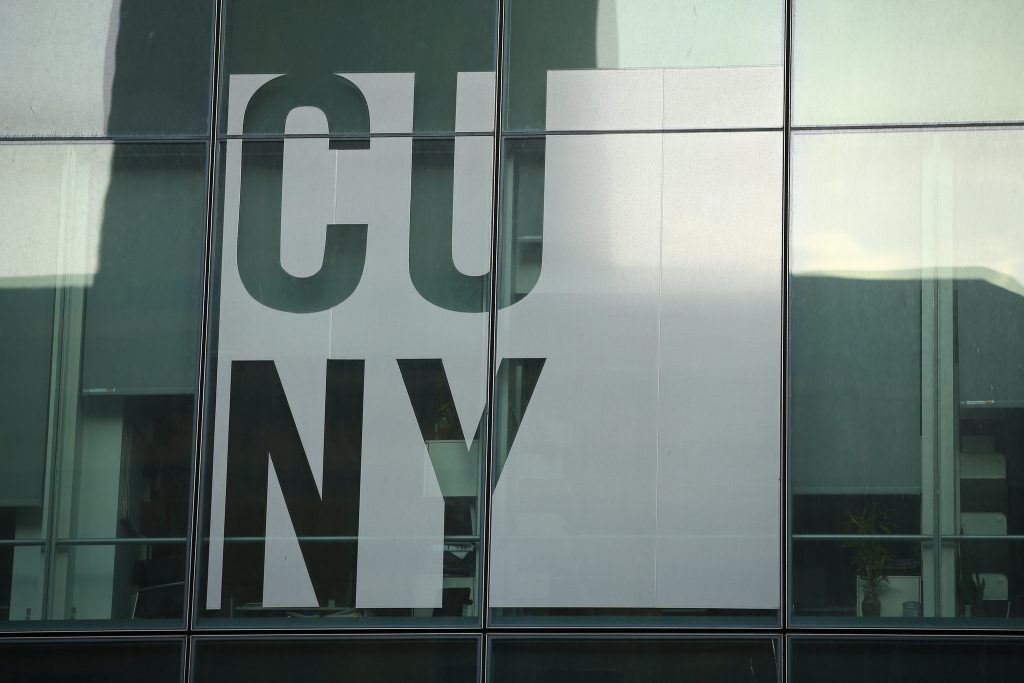City University of New York, is not so affordable after all | Photo By Flickr
By Shanae Harte
The City University of New York is a college system that had the motive of providing an affordable college experience for financially underprepared students when it was being created. Unfortunately for immigrants and international CUNY students, they were not catered to when this motive was being considered.
According to the CUNY website, 36.3 percent (about 99,000 students) of the university’s student body in 2017 were born outside of the United States. Despite the sizable number of international students and CUNY promising these students to “offer many resources to aid them in their transition to the U.S,” little to no financial benefits have been offered. With the exception of citizens of Canada and Mexico, international students in the university have limited access to scholarships, grants, student loans, and financial aid. It is known and acknowledged by CUNY that only two percent of international students receive government-provided student loans. If this is a known fact, why would the university not provide means to assist these students financially, especially since their tuition is more costly than those who are U.S.citizens?
Parishta Seneviratne, a student of the College of Staten Island, has been enduring the hardships of being an international student for 3 years. The native of Sri Lanka was recommended to the university by family members and was excited to attend an American college until the reality of it hit her.
“Affording college tuition has been somewhat difficult as an international student– rates are extremely high and it’s sometimes twice or thrice the price local students pay,” said Seneviratne.
One solution that CUNY offers to international students to assist with the payment of tuition is offering them on-campus employment where they are allowed to work up to 20 hours per week. If these students are not receiving income from other resources, then their income for a 20 hour week is all they would receive. In addition to tuition fees, some international students are liable for housing fees if their respective institution has dormitories. Does the university believe that compensation for a 20 hour week will help international students cover the cost of tuition and housing? Notice that those expenses do not include that of an individual’s personal life.
“CUNY should cater more to international students by offering more jobs and reducing tuition rates,” said Seneviratne, offering her own solution. “They could also increase the number of hours of employment per week, reduce the cost per credit, and allow us to pay a tuition cap- that would help us a lot.”
Again, a majority of the scholarships offered by the university are designed for citizens of the U.S., leaving international students at a greater disadvantage. Another international student at the College of Staten Island, Vanessa Ayo-Jibunoh, says that she was one of these students who experienced trouble getting scholarships.
“I had a 4.0 GPA for four semesters and I was not able to get that many scholarships,” said Ayo-Jibunoh. “The highest scholarship I got was $2,300 for two semesters; split in half and that’s for a tuition of $7000.”
Luckily for Ayo-Jibunoh, she was able to receive this small amount of help, but many other international students do not receive this luxury.
“There are some grants that are available to international students but it’s just not that many and they are quite constricted,” said Ayo-Jibunoh.
International students should find this disrespectful towards their community because CUNY recognizes them to be “among CUNY’s highest achievers.” So, CUNY, if this is the case, why not do more for the community that brings you a good name?
On July 21, CUNY’s Board of Trustees voted to increase the tuition by $300, in addition to the already authorized $230 increase. Though the university is still awaiting a budget from the state before implementing the tuition hike, it is still set to be implemented and will only add to the current struggles of international students seeing that aid is not given to them. Were international students considered when this decision was being made? Can CUNY handle the hurt if all of its international students had to leave the university due to the inability to pay for tuition and housing? These are questions that CUNY’s Board of Trustees should consider asking themselves.
The lack of financial benefits offered to international students by the university is a problem that can be easily solved. University officials constantly have to conduct budget meetings to ensure that finances are allocated to guarantee the upkeep of different departments as well as accommodating specific services. International students are actually contributing to CUNY by being a community that positively contributes to its graduation rate, so why not show them some form of appreciation by finding means to ensure that their college experience goes smoothly? The simple fix would be for the university to design a budget that allows for scholarships or some form of aid to be awarded to international students– just the way it was done for American citizens.


